
Peptides In the Context of Immunity Research
The significance of maintaining optimal health is universally acknowledged. As awareness of the immune system’s role has increased, so has the quest for useful methods to enhance its function.
This search often leads to seeking information online, where the plethora of information can be overwhelming and contradictory. To address this challenge, this article focuses on the role of specific peptides in potentially modulating immune health.
Immunity: Introduction
Effective immune system support can be achieved through various strategies. Hydration is fundamental; maintaining adequate fluid intake is essential for overall organismal function. Additionally, ensuring a sufficient intake of micronutrients through diet, regular physical exercise, and adequate rest is critical for sustaining immune health.
However, these measures alone may not always be sufficient. In cases where the immune system’s functionality is compromised, supplementary interventions may be required. Peptides, both natural and synthetic, have been hypothesized to enhance immune function.
Peptides and Immunity Research
Ipamorelin and CJC 1295
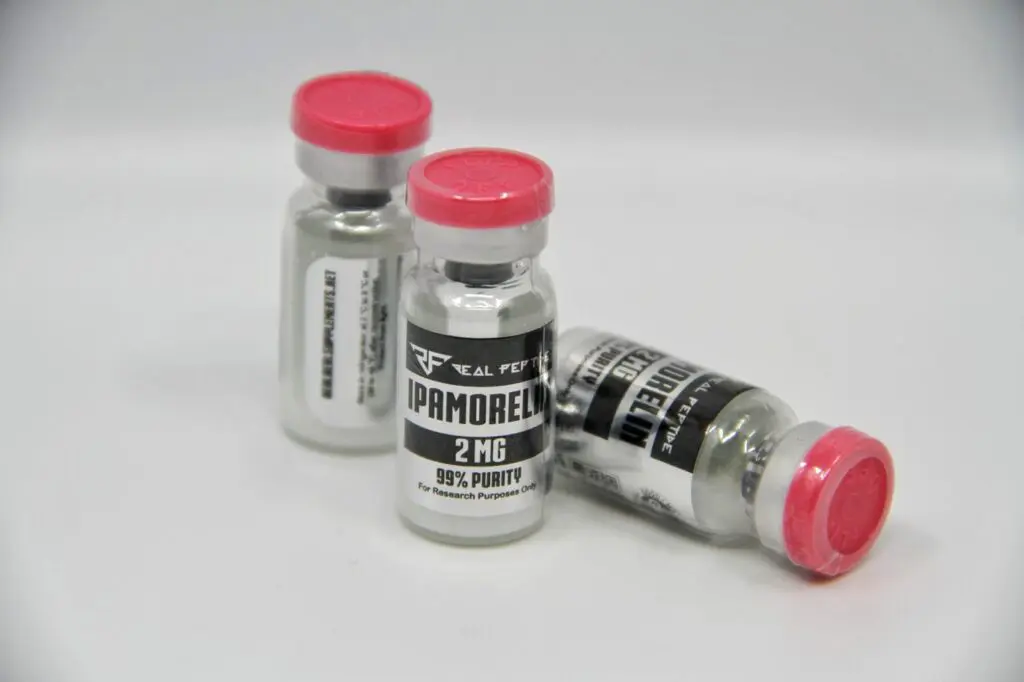
Research indicates that Ipamorelin and CJC 1295, when used in conjunction, might offer significant properties for both physical vigor and immune support. Studies suggest that CJC 1295 binds to growth hormone-releasing receptors, stimulating the secretion of growth hormones.
This hormone plays a critical role in the development and function of the immune system, notably affecting the thymus gland, which is integral to T-cell production. T-cells are essential for identifying and eliminating infected or malignant cells.
Findings imply that Ipamorelin may function similarly by binding to ghrelin receptors and may stimulate growth hormone production. Research indicates that while CJC 1295 may directly interact with growth hormone-releasing receptors, Ipamorelin’s interaction with ghrelin receptors might offer complementary impacts in hormone regulation.
GHRP-6 Peptide
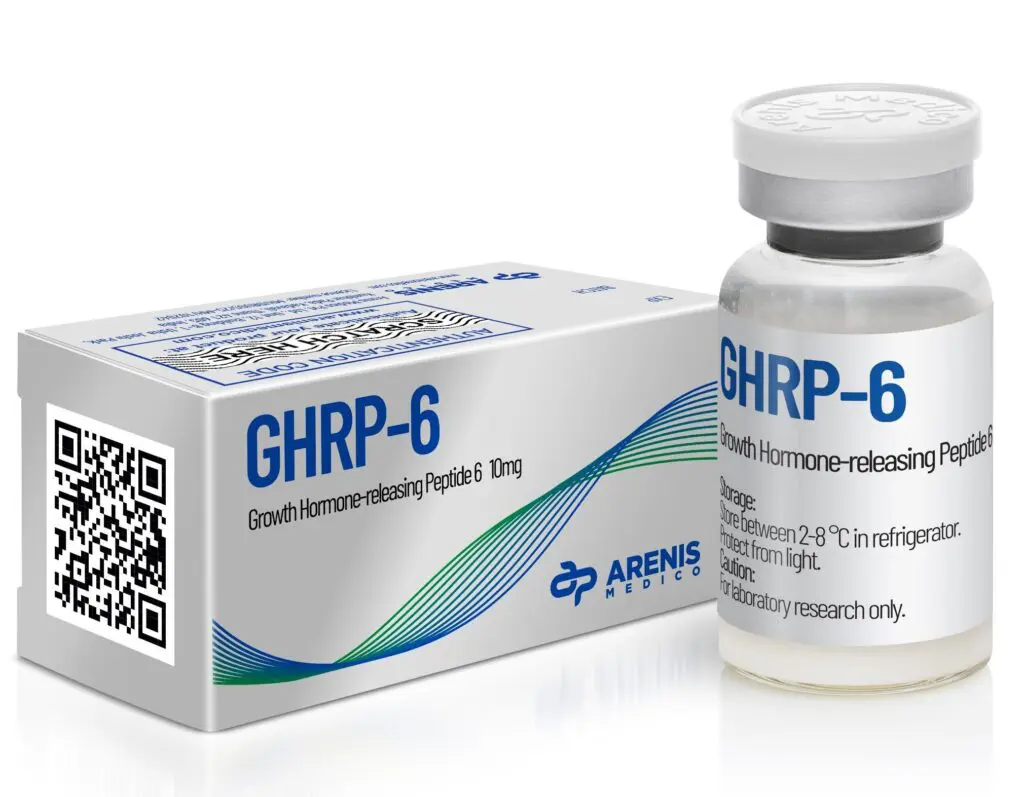
Investigations purport that GHRP-6 mimics the hormone ghrelin, which has been widely studied for its potential impact on health. Research conducted on research models, such as tilapia, indicated that GHRP-6 exposure may have led to an increase in IGF-1 levels. Investigations purport that this peptide may enhance both immune function and growth rates. The properties speculated in these studies suggest that GHRP-6 might offer similar properties in other organisms.
IGF-1 Peptide
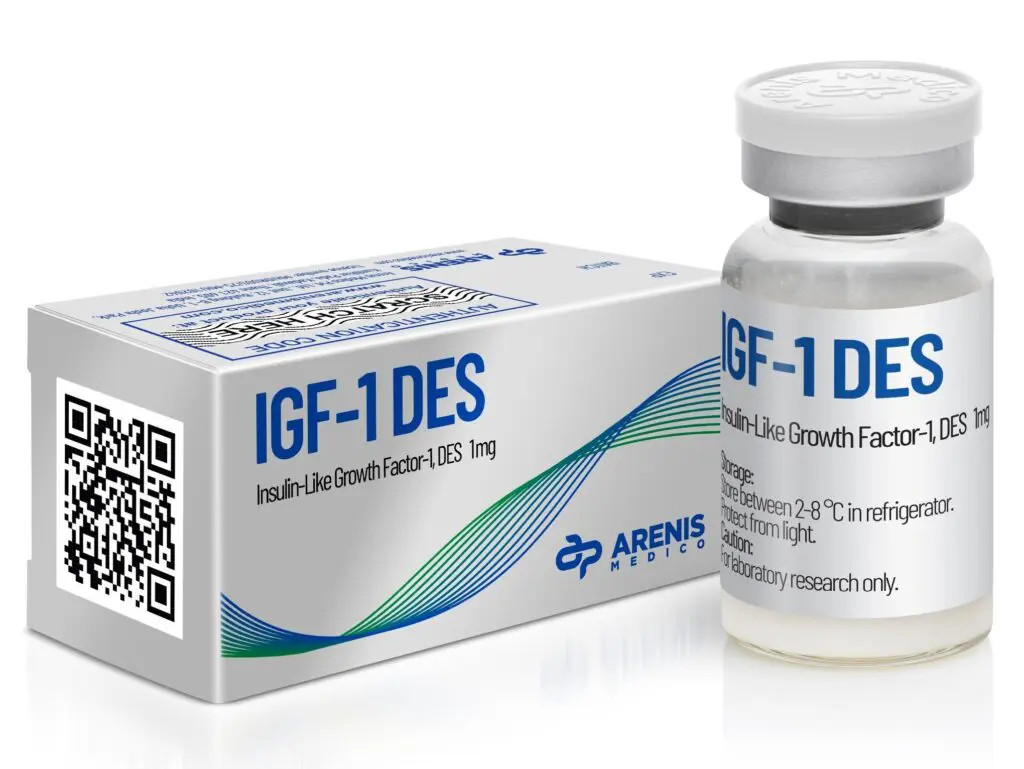
Studies suggest that IGF-1 (Insulin-like Growth Factor 1) binds to specific receptors, including IGF-1R and insulin receptors. This peptide is produced naturally in response to growth hormone stimulation and is believed to play a pivotal role in various physiological processes, including immune function.
During youth, IGF-1 levels are particularly high due to rapid growth and development. Research indicates that IGF-1 may influence the production of T-cells, which are crucial for the immune response.
Thymalin Peptide
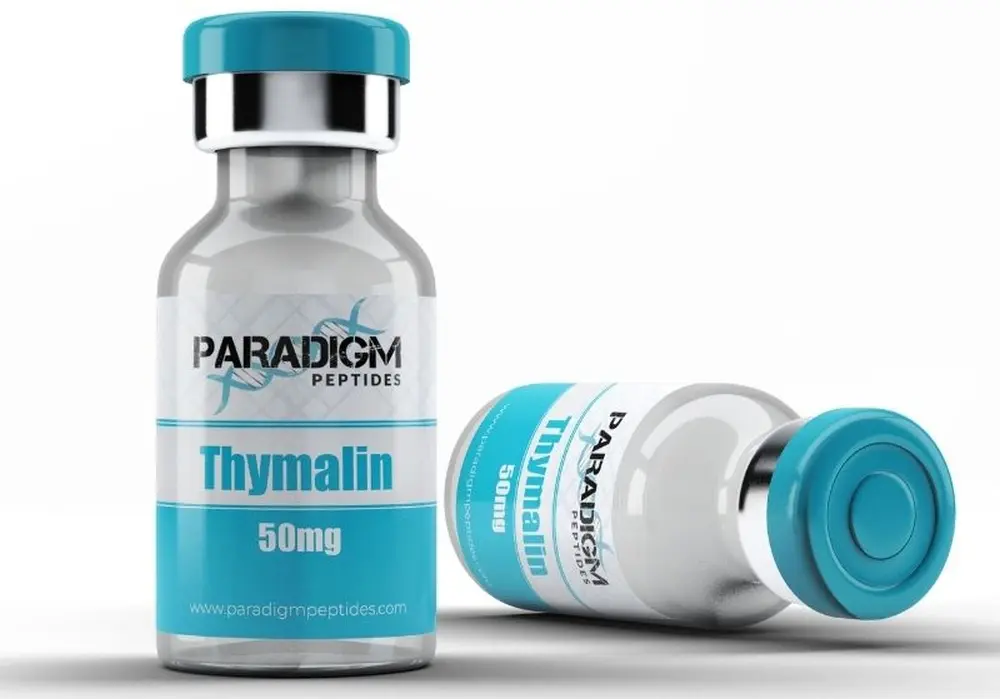
Research indicates that Thymalin may regulate the levels of T lymphocytes, a subset of immune cells essential for combating infections. The thymus gland is responsible for the development of these cells. Investigations suggest that Thymalin’s properties may extend beyond immune modulation, potentially affecting cardiovascular, hormonal, and neural systems, thereby enhancing overall physiological functioning.
Thymosin Alpha-1 Peptide
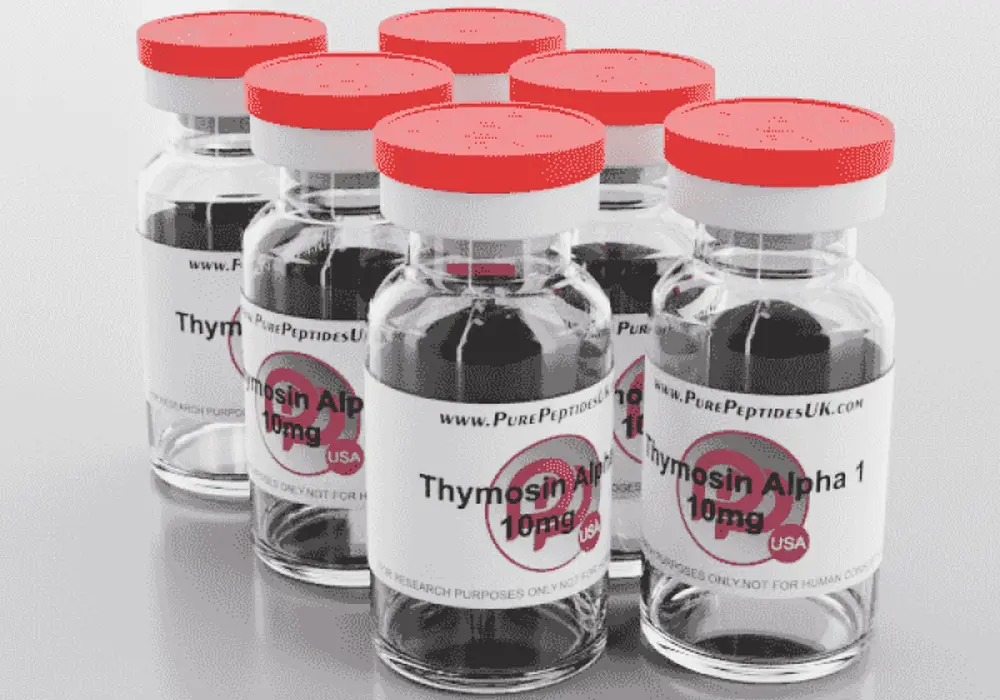
Findings imply that Thymosin Alpha-1 may play a role in the context of various immune-related conditions, including Lyme disease. Research indicates that this peptide might enhance the activity of dendritic cells and killer T-cells. Dendritic cells serve as key regulators in the immune response, acting as antigen-presenting cells. Thymosin Alpha-1 has also been speculated to inhibit tumor development.
Conclusion
The quest to bolster immune health continues to be a significant area of research. While traditional approaches such as proper hydration, nutrition, and exercise are fundamental, the incorporation of peptides into immune support strategies presents an intriguing avenue for further exploration.
The scientific community continues to investigate the potential properties of various peptides, including Ipamorelin, CJC 1295, GHRP-6, IGF-1, Thymalin, and Thymosin Alpha-1, to elucidate their possible impacts on immune function.
For those interested in the scientific details of peptide mechanisms and their potential applications, resources such as biotechpeptides.com offer valuable information for further study.




